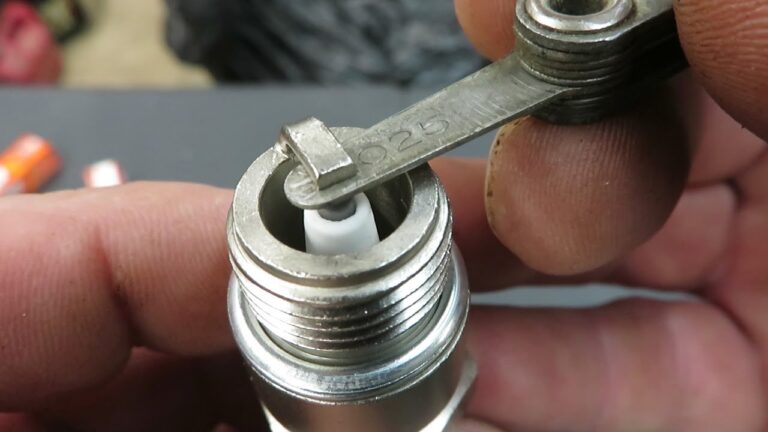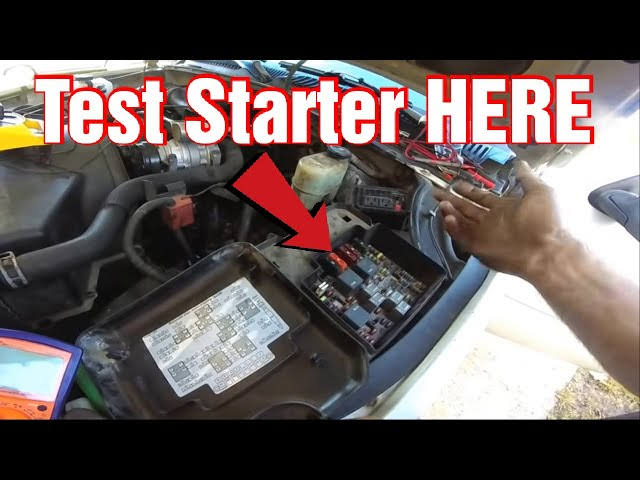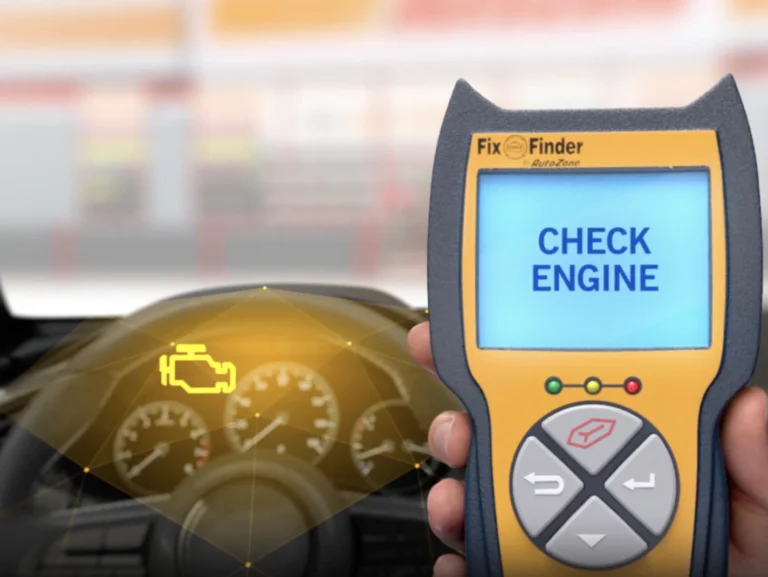Does Thermostat Affect AC in a Car?

The thermostat is a critical component of a car’s cooling system, but its impact on the air conditioning (AC) system often raises questions. While the thermostat does not directly control the AC, it plays an indirect role in ensuring the AC operates efficiently. In this blog post, we’ll explore how the thermostat affects your car’s AC and what happens when it malfunctions.
How a Thermostat Works in a Car
The thermostat is responsible for regulating the flow of coolant in the engine. It ensures the engine operates at its optimal temperature by opening and closing based on temperature fluctuations.
Functions of the Thermostat:
- Regulates Coolant Flow: Opens to allow coolant into the radiator when the engine is hot and closes to help the engine warm up when it’s cold.
- Maintains Engine Temperature: Keeps the engine running at its ideal temperature for performance and efficiency.
How the Thermostat Affects the AC
While the thermostat doesn’t directly interact with the AC system, it influences the overall cooling and heating balance in the car. If the thermostat isn’t functioning correctly, it can cause issues that indirectly affect the AC.
1. Overheating Issues
A thermostat that’s stuck closed can cause the engine to overheat. When the engine overheats, the AC system may struggle to cool the cabin efficiently. In some cases, the AC might even shut off to prevent further engine strain.
2. Poor Cabin Cooling
If the thermostat is stuck open, the engine may run cooler than normal. This can disrupt the balance of the cooling system, leading to inconsistent or reduced AC performance.
3. Increased Engine Load
A faulty thermostat can cause erratic engine behavior, increasing the load on the engine. Since the AC relies on engine power to operate, this additional strain can result in weaker cooling or intermittent performance.
Signs of a Faulty Thermostat
If your thermostat is affecting your AC, you may notice these warning signs:
- Engine Overheating: The temperature gauge spikes, or you see steam coming from under the hood.
- Fluctuating Temperature Gauge: The gauge moves erratically between hot and cold.
- Weak or Warm AC Airflow: The AC fails to maintain a consistent cooling temperature.
- Coolant Leaks: Puddles of coolant around the thermostat housing.
- Engine Running Too Cool: The engine never warms up to its optimal temperature.
How to Fix Thermostat-Related AC Problems
1. Inspect the Thermostat
Check if the thermostat is opening and closing correctly. A professional mechanic can test it for functionality.
2. Replace the Thermostat
If the thermostat is stuck open or closed, replace it. Thermostat replacement is a relatively inexpensive repair that can prevent further issues.
3. Check the Cooling System
Inspect the radiator, water pump, and coolant levels. A malfunctioning cooling system can exacerbate AC problems.
4. Test the AC System
After fixing the thermostat, ensure the AC system operates correctly. If the AC still has issues, other components like the compressor or refrigerant levels may need attention.
FAQs
1. Does a bad thermostat damage the AC system?
A bad thermostat doesn’t directly damage the AC but can cause poor performance due to engine overheating or irregular coolant flow.
2. Can I drive with a faulty thermostat?
It’s not recommended. Driving with a faulty thermostat can lead to engine overheating, which can damage both the engine and the AC system.
3. How do I know if my thermostat is affecting my AC?
If your AC is blowing warm air and your engine temperature is fluctuating or overheating, the thermostat might be the issue.
4. How often should I replace my thermostat?
Typically, thermostats last 50,000 to 100,000 miles. However, replace it sooner if you notice signs of failure.
5. Does the thermostat affect the car heater?
Yes, a faulty thermostat can affect the heater since it relies on the cooling system to regulate the temperature of the air entering the cabin.
Conclusion
While the thermostat does not directly control your car’s AC, it plays an essential role in maintaining the engine’s temperature, which can indirectly affect AC performance. A malfunctioning thermostat can lead to overheating, engine strain, and poor AC cooling. If you suspect thermostat issues, address them promptly to ensure optimal performance of your vehicle’s cooling and AC systems.
Also Check:
• Does AutoZone Take Used Motor Oil?





